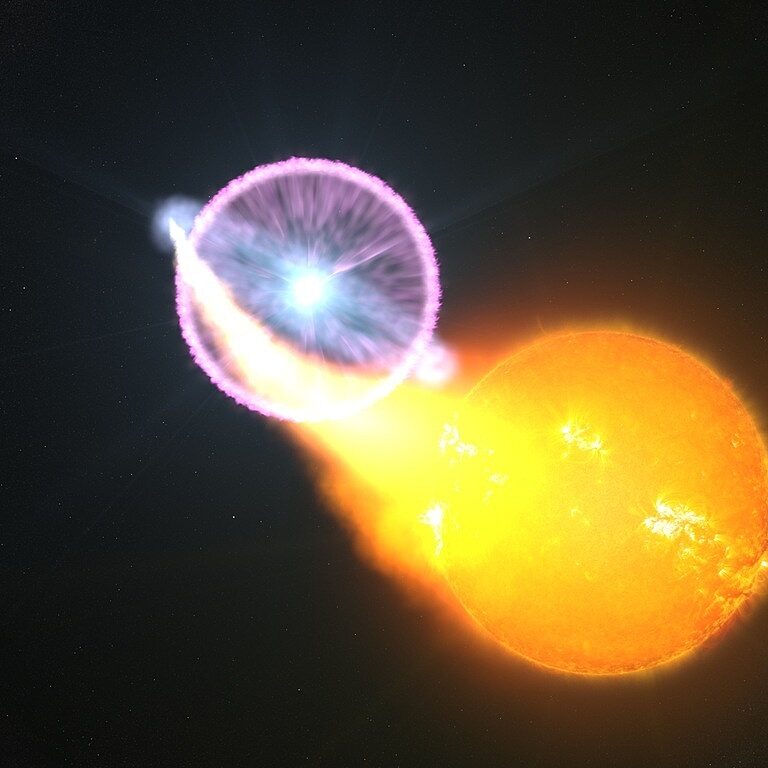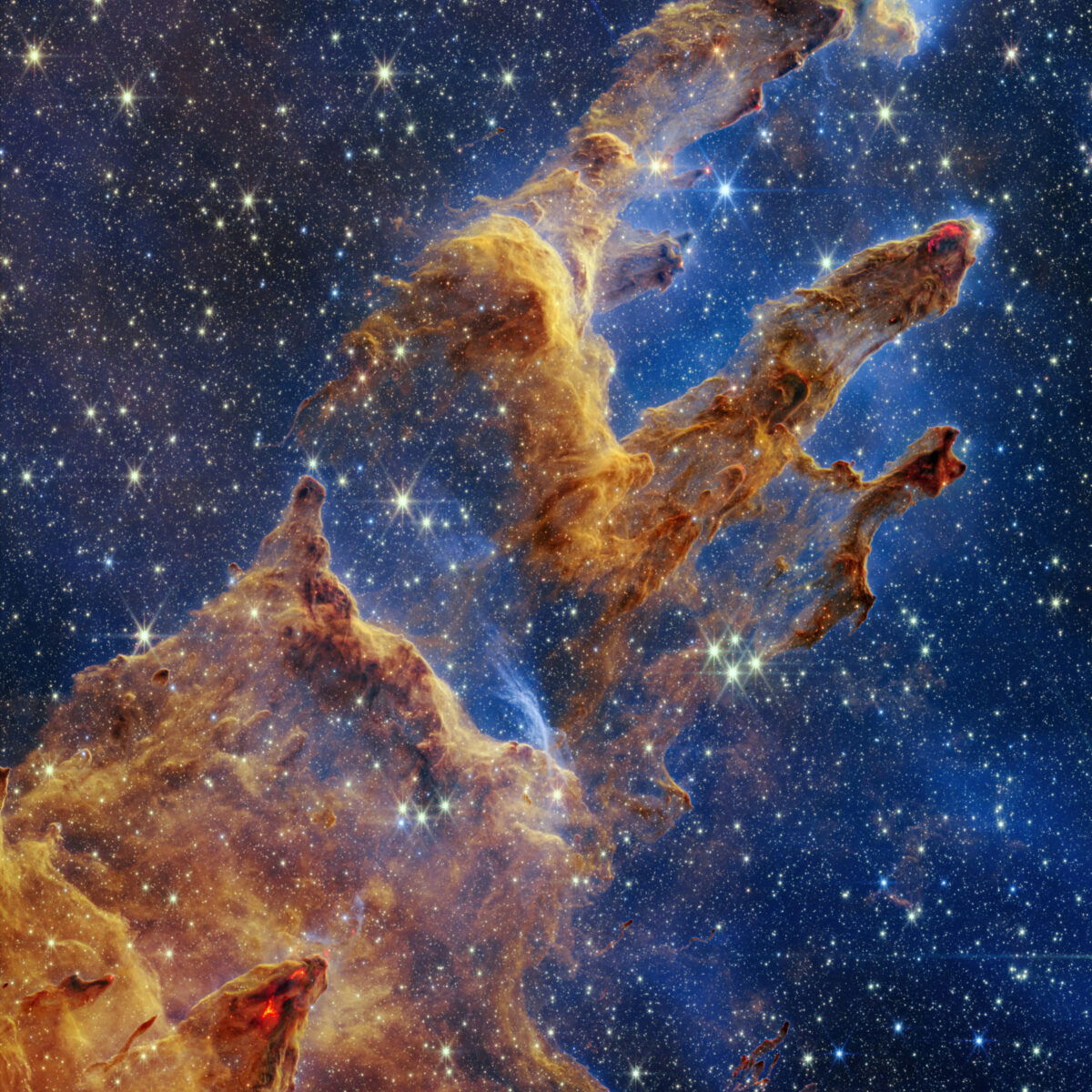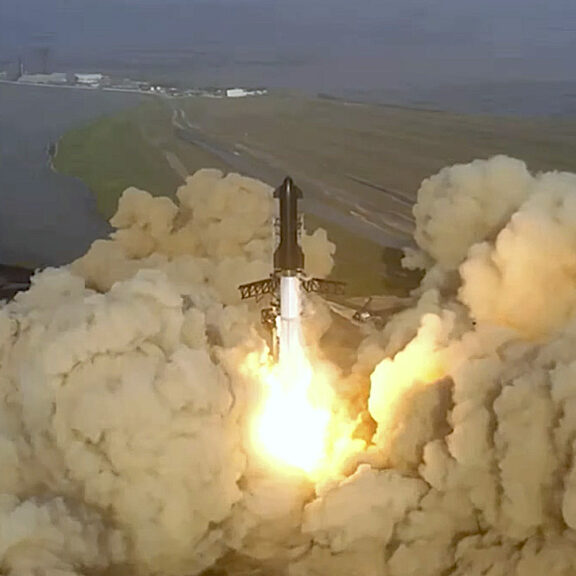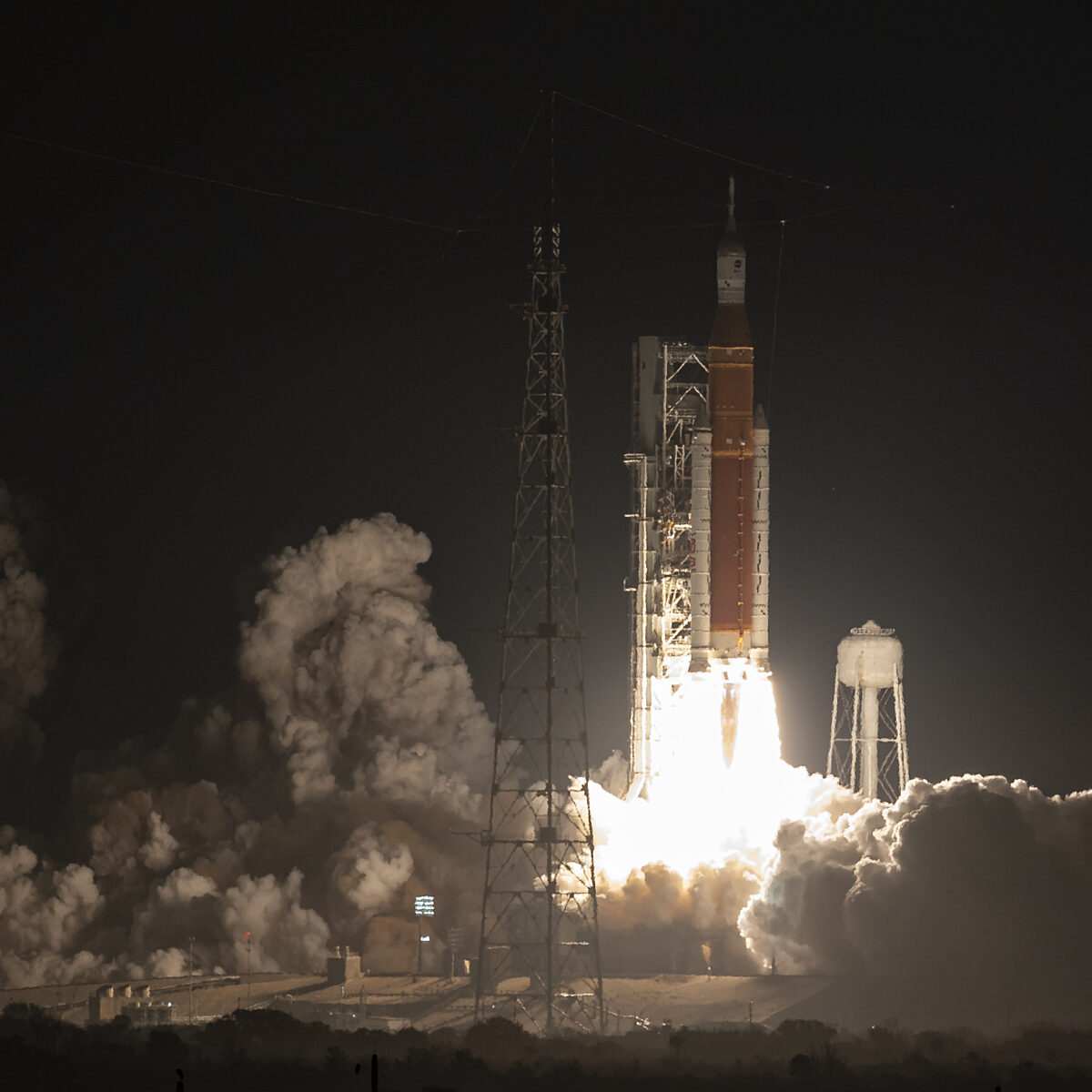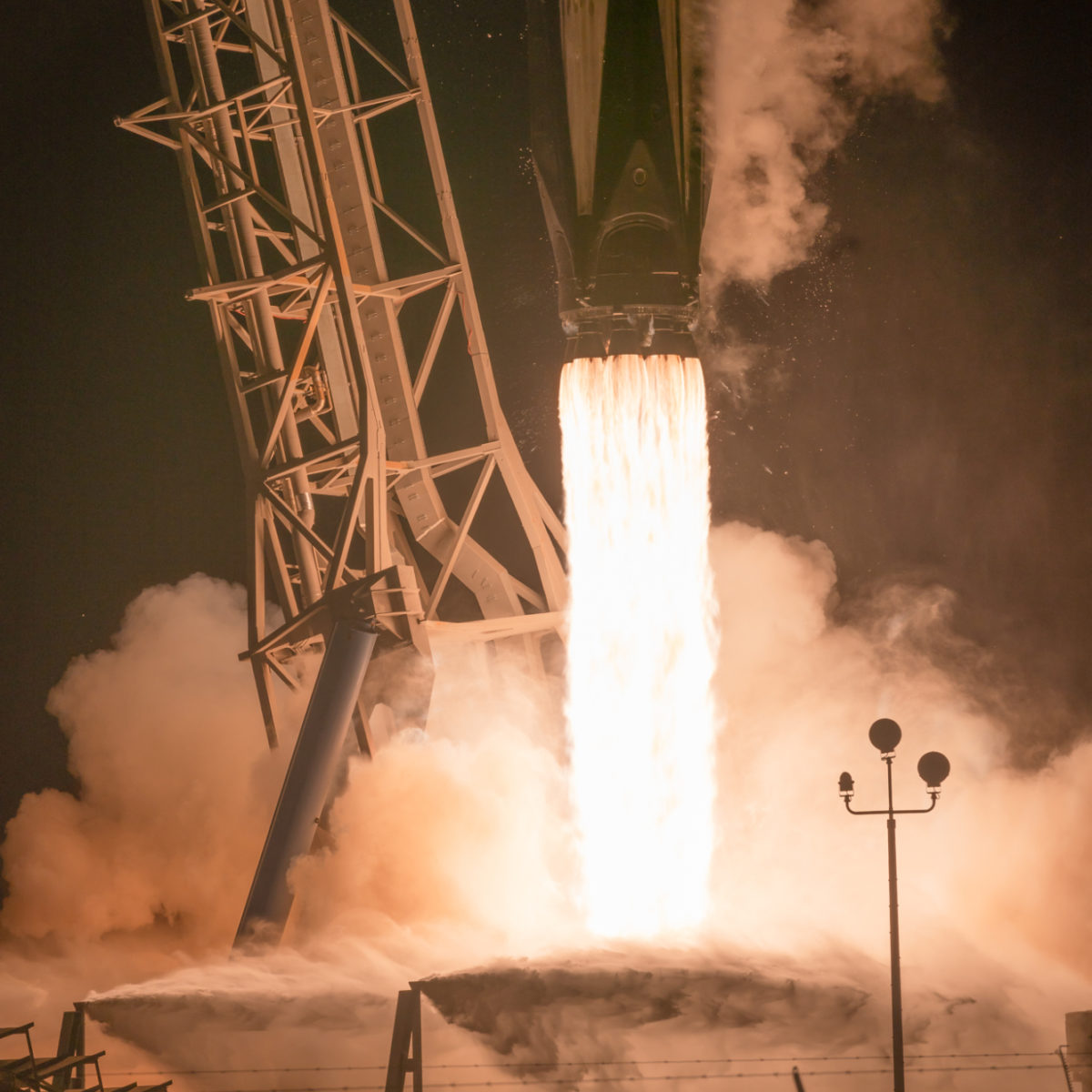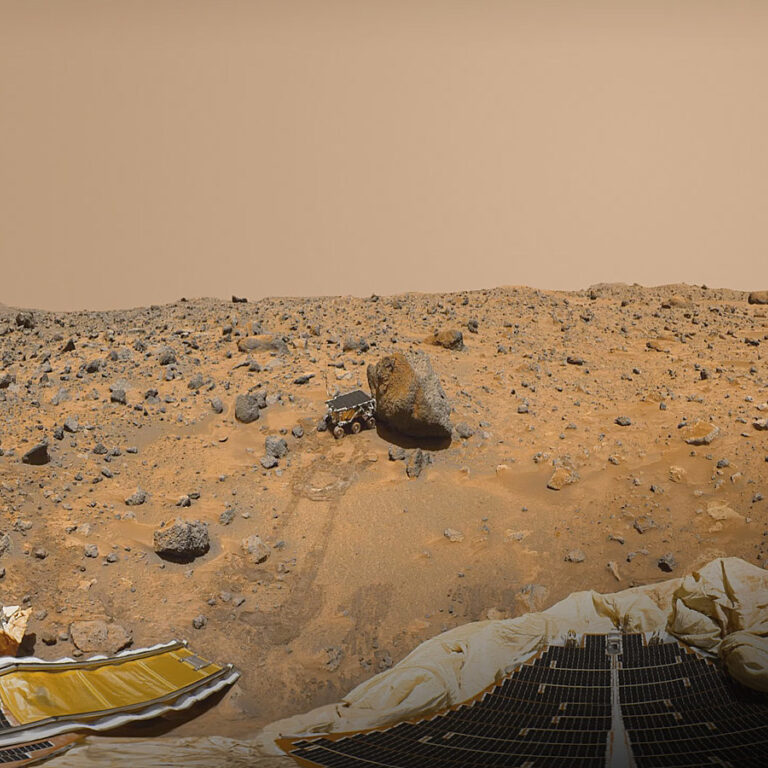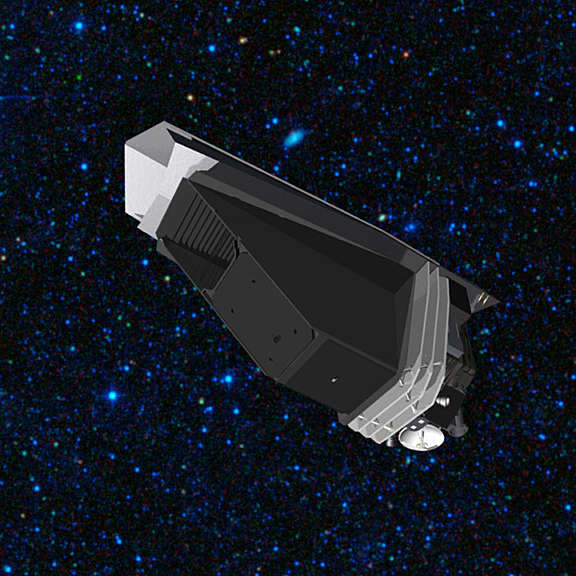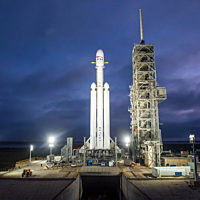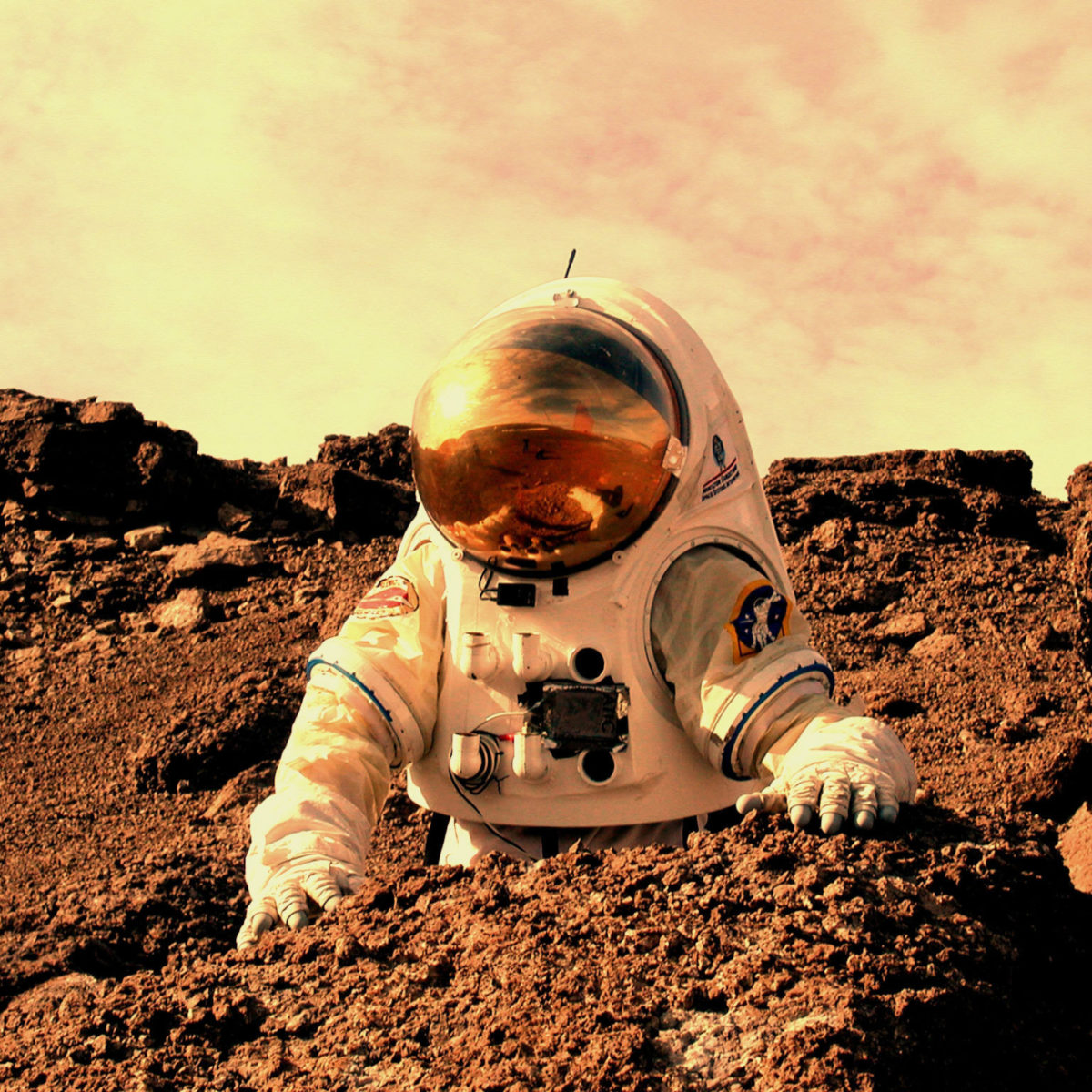Since 2002, Planetary Radio has visited with a scientist, engineer, project manager, advocate, or writer who provides a unique perspective on the quest for knowledge about our Solar System and beyond. The full show archive is available for free.
Search Planetary Radio
Every major NASA center built after the agency’s inception is located in the American South. Why? Dr. Brian Odom, NASA’s chief historian, joins the show to discuss the cultural, political, and historical implications of NASA’s expansion into the South.
RadioLab's Latif Nasser returns to Planetary Radio with a new public naming contest for a quasi-moon of Earth.
Nathaniel Kahn, an Oscar-nominated filmmaker and the director of Deep Sky, joins Planetary Radio this week to discuss the film's decade-long creation process and the magic of JWST images on the big screen.
Eric Roesch, an environmental policy expert, joins Planetary Radio to discuss SpaceX's Starship, environmental regulations' role in commercial space travel, and responsible space exploration.
Jeremy Graeber, the assistant launch director at Kennedy Space Center in Florida, joins Planetary Radio to recount his experience on the night of Artemis I’s historic launch.
Lori Garver went up against powerful forces inside and outside NASA to create the hugely successful commercial cargo and crew programs.
Space exploration historian Michael Neufeld traces the fascinating history of one of NASA’s most successful programs of planetary exploration.
Planetary Society chief of D.C. operations Brendan Curry returns for a look ahead at what to expect in 2022.
NASA has approved development of the NEO Surveyor space telescope. Project lead Amy Mainzer shares her hopes for this vital planetary defense tool.
NASA chose SpaceX’s Starship as the sole winner of its human lunar lander development contract in a move that may also take us closer to Mars.
Elon Musk’s SpaceX nearly failed 15 years ago as it struggled to launch its first rocket. Eric Berger has written about this challenging early era and how it helped create today’s successful, innovative company.
The Coalition for Deep Space Exploration’s Mary Lynne Dittmar talks with Casey Dreier about how and why spacefaring nations prioritize funding for space development and exploration.
Space historian Dr. Roger Launius joins the show to explain why Apollo happened the way it did, how a moonshot briefly became a solution to a national security problem, and why it is unlikely to happen again.
Can NASA return astronauts to the Moon by 2024? Vice President Mike Pence shocked the space community by announcing this ambitious new goal just weeks after the Trump Administration proposed a half-billion dollar cut to the space agency.
The last few days have seen developments that will shape the space exploration plans of Canada and the USA. The Planetary Society’s Kate Howells is a member of Canada’s Space Advisory Board. She reviews the nation’s new space policy.
Mat Kaplan’s Huntsville, Alabama trip wraps up with a tour of the historic and history-making Marshall Space Flight Center. Join him at the control center for research underway on the International Space Station, under a tent where a critical component of the Space Launch System rocket is getting finishing touches, in a conversation about the Fermi spacecraft’s search for the universe’s biggest explosions, and with the Center’s Associate Director for Technical efforts.
Host Mat Kaplan begins a two-episode visit to Huntsville and the Marshall Space Flight Center, recorded this week at the US Space and Rocket Center with astronaut Don Thomas, 94-year-old Apollo engineer Alex McCool, and Alabama Senator Doug Jones.
Mat’s first-ever four-way conversation with Jason Davis, Casey Dreier and Emily Lakdawalla reviews the biggest 2017 events in space exploration and provides their predictions of what to look for in the new year.
Fifteen years before Sputnik, on a bright 1942 afternoon in northern Germany, a thundering machine of metal and fire pierced the sky, ultimately touching the edge of space for the first time in history. It opened a new era of opportunity and terror with rocket technology. Dr. Michael Neufeld joins us discuss the significance of this test and how it happened.
The human journey to the Red Planet is long and hard, but Mat’s conversation with three NASA Associate Administrators at the Humans to Mars Summit was filled with cautious optimism.


 Explore Worlds
Explore Worlds Find Life
Find Life Defend Earth
Defend Earth



